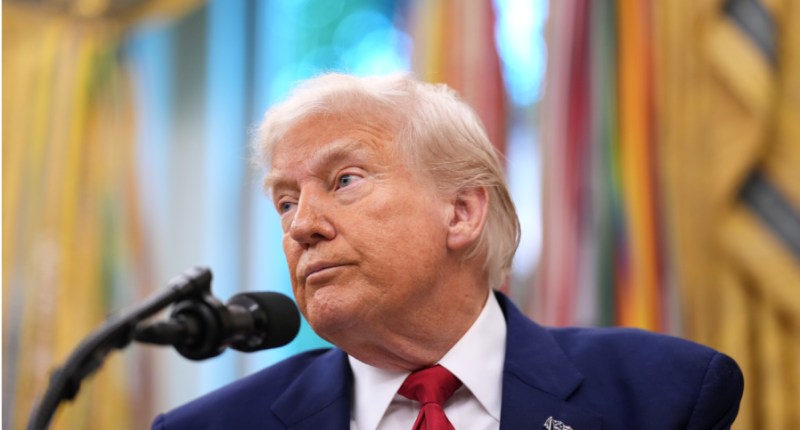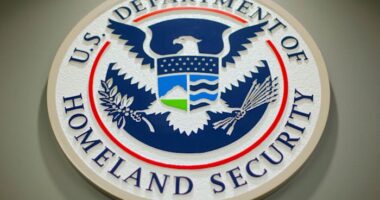Share this @internewscast.com

(The Hill) — On Wednesday, President Donald Trump signed a directive preventing individuals from twelve countries from traveling to the United States, citing reasons related to national security.
Similar to a travel ban from his earlier term, this new order completely blocks entry for citizens of Afghanistan, Burma, Chad, the Republic of the Congo, Equatorial Guinea, Eritrea, Haiti, Iran, Libya, Somalia, Sudan, and Yemen.
It also partially restricts entry into the U.S. for nationals coming from Burundi, Cuba, Laos, Sierra Leone, Togo, Turkmenistan and Venezuela.
However, exceptions are in place for nationals from all 19 of these countries who are lawful permanent residents, existing visa holders, or those whose entry benefits U.S. national interests.
“President Trump is fulfilling his promise to protect Americans from dangerous foreign actors that want to come to our country and cause us harm,” White House spokesperson Abigail Jackson posted on X.
“These commonsense restrictions are country-specific and include places that lack proper vetting, exhibit high visa overstay rates, or fail to share identity and threat information,” Jackson added.
The travel ban proclamation comes after Trump, on his first day in office, signed an executive order that called for increased vetting and screening of migrants entering the United States, citing national security concerns.
The president has taken numerous actions in his first four months in office to crack down on both the flow of migrants at the southern border and legal pathways into the United States.
Trump, in his first term, implemented a travel ban that, after legal challenges, banned the entry of nationals from several Muslim-majority countries. The ban was revoked by then-President Joe Biden in 2021.











